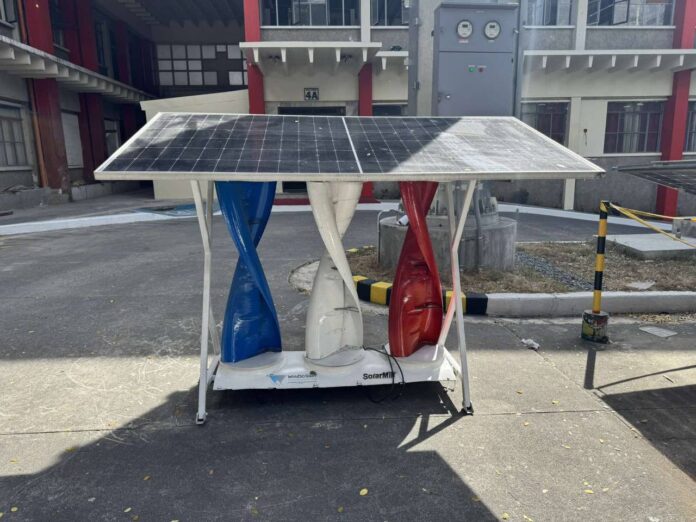The Cybercrime Investigation and Coordinating Center (CICC) and the Philippine National Oil Co. (PNOC) have signed a memorandum of agreement to explore the use of hybrid solar and wind energy systems for sustainable power in underserved and unserved areas across the Philippines.
CICC Executive Director Alexander K. Ramos and PNOC President and CEO Oliver B. Butalid were present during the signing ceremony held on Friday, February 28, at the National Cybercrime Hub in Bonifacio Global City.
Ramos emphasized that the joint initiative aims to provide reliable energy to geographically isolated and disadvantaged areas (GIDAs). The plan involves designing and commissioning hybrid solar and wind power systems, coupled with battery storage, to power selected cybercrime-resilient facilities within these GIDA regions.
There are over 7,000 barangays classified as GIDAs, home to nearly 25 million residents.
“This new green technology is designed to be both sustainable and efficient,” Ramos said. “PNOC has been actively promoting renewable energy, and partnering with them is crucial to bringing this vision to life.”
PNOC’s Butalid highlighted the importance of providing energy solutions to GIDA areas, aligning with the company’s mission. “This project represents a unique intersection of PNOC’s and CICC’s goals, as the energy solution we’re introducing is entirely new to the country,” he explained.
The hybrid wind and solar facility will be the first of its kind in the Philippines, offering a portable and practical solution to energy shortages in remote regions. Butalid noted that while solar energy alone has limited capacity, the hybrid system offers a much higher energy output. This technology has been successfully implemented in countries such as India, South America, and Indonesia.
CICC plans to deploy this cutting-edge green energy solution in 10 locations across the country, bringing reliable, sustainable power to those who need it most.







